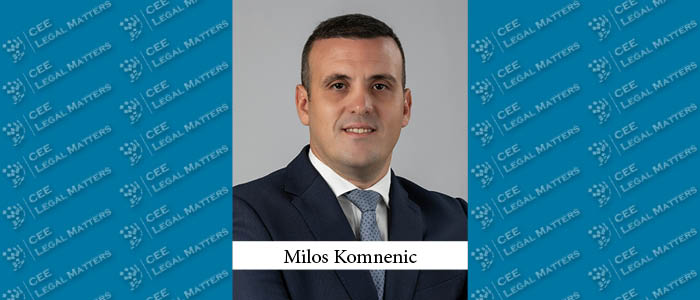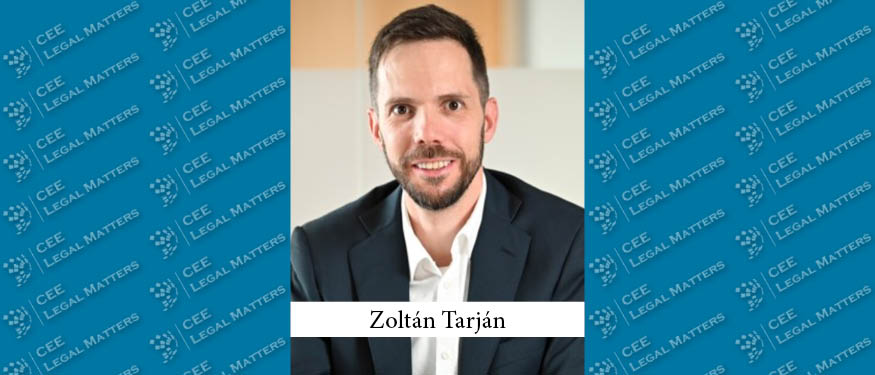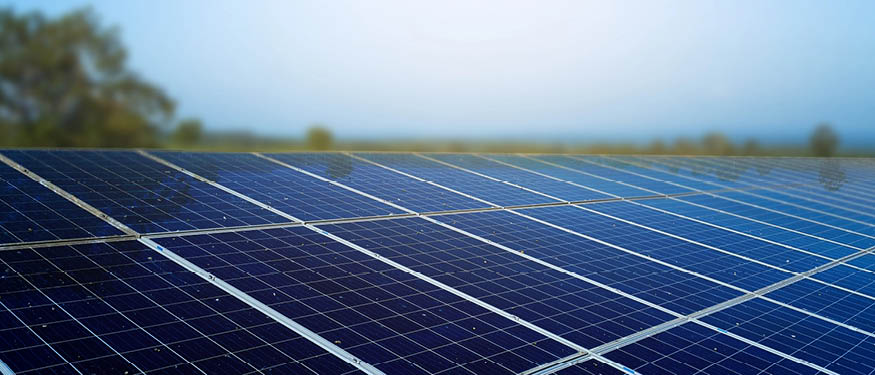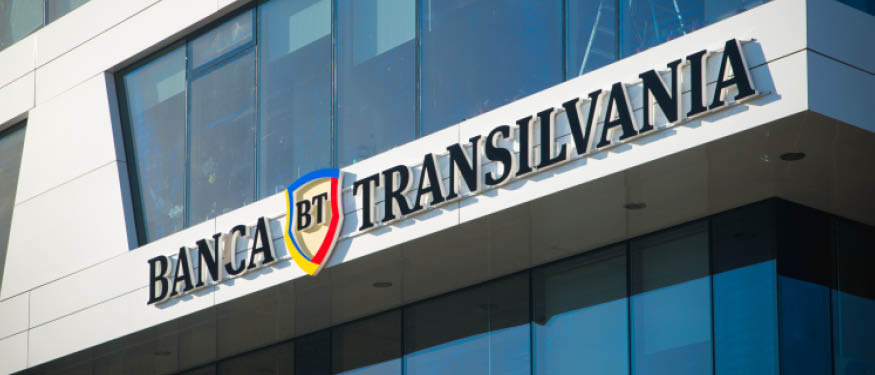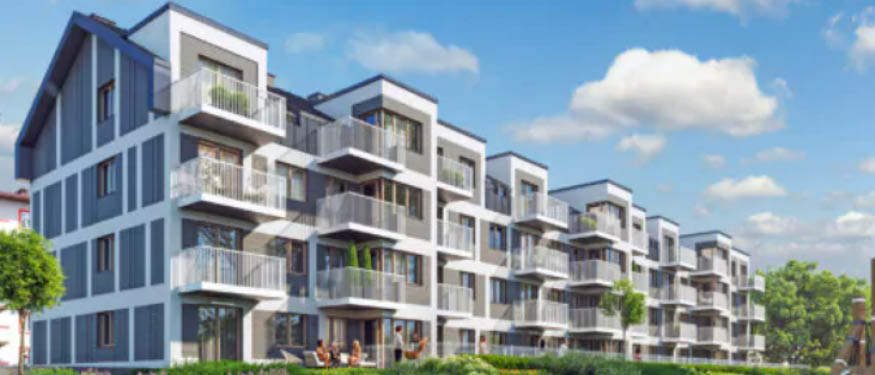Komnenic & Partners' real estate practice has been navigating complex challenges, including zoning issues and frequent changes of the government and responsible bodies, while managing several high-profile projects, according to Managing Partner Milos Komnenic, who discusses the ongoing developments in the hospitality and retail sectors, the impact of regulatory uncertainty on investment, and the outlook for Montenegro's real estate market over the next year.
CEELM: What work has been keeping your real estate practice busy over the past year?
Komnenic: We've been heavily involved in several ongoing projects, particularly in the hotel sector. A significant part of our work focuses on further developing the Hotel Montis, led by Golden Group, and the ambitious 5-star Hotel Galeb project, which will have over 400 rooms. However, zoning issues have created some challenges, especially since the Galeb project stems from a privatization deal made 15 years ago. The property was acquired two years ago, with a commitment of our client to invest once zoning changes are finalized, but progress has been slow.
Legal uncertainties around zoning are a significant concern. Even when the technical documentation for the project is nearly complete, it doesn’t have "acquired rights" until a construction permit is secured, which means any zoning change could affect the project. This is especially problematic if you’ve bought the property but haven't started construction; only the construction permit provides protection, and there is a mandatory time gap and administrative work between acquisition and construction permit.
One of our biggest concerns during 2024 has been the Riviera project, a mixed-use 5-star hotel. For procedural reasons, the government has repeatedly terminated consent for the project's design – which approval is based on visual concept only – and this has happened two times now, in 2022, and 2024. Even though we managed to reinstate the decision, the situation shows how bureaucratic processes can severely impact development timelines. Fortunately, our clients are now back on track with construction, but any further delays could risk the entire investment and most likely lead to investment arbitration.
Outside the hotel sector, we are assisting BIG CEE, a major retail chain expanding in Montenegro. They recently acquired Delta and City Mall and are working on the reconstruction for expanding BIG Fashion, a prominent shopping center in Podgorica. While our client has support from the government and local municipality, zoning is again a condition precedent yet we must say that for this investment so far there are no delays.
CEELM: What has been the primary driver behind these levels of activity?
Komnenic: The hospitality sector, often with a residential/timeshare twist, is at the core of our activities. Mixed-model and condo developments, where parts of the property are sold, offer quicker returns on investment and make projects more attractive to developers. Tourism accounts for about 25% of Montenegro’s GDP, so it’s a logical focus. It’s encouraging to see that this isn’t just about foreign investors; local companies are also major players. For instance, the Hotel Montis is primarily owned by local investors, and the Hyatt, operational since 2023, is fully owned by a local entity.
CEELM: Apart from hospitality, are there any other sectors of note in the mix?
Komnenic: Apart from hospitality, we see a lot of interest in residential developments, though finding suitable locations, particularly for high-scale projects, is challenging. The capital city of Podgorica has experienced a price boom, with some areas seeing increases of 80-120%, depending on infrastructure and location.
We are also working on agricultural and solar energy projects of which we would emphasize project Dubrovsko, owned by Sunrise Europe LTD, with an installed power of 229 megawatts that has a grid connection agreement and is in the near-final stage of being ready to build. During the energy crisis in 2022, there was a surge in interest in renewable energy, particularly solar. However, only projects that have secured grid connections are moving forward, as the current infrastructure can't support all planned developments.
CEELM: Finally, what do you think the next 12 months will look like?
Komnenic: The next year will hinge on how quickly the government and municipalities implement new zoning regulations, promote the country, and potentially target certain types of investments with incentives or fast-track procedures. The construction and zoning law has been under revision for over two years, but progress has been slow due to political instability – Montenegro has seen four urbanism ministers in as many years. This uncertainty has left many investors in a "wait and see" mode, which could impact the entire real estate market going forward.

